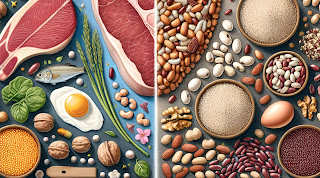Water-soluble dietary fiber and its application in food

Overview of water-soluble dietary fiber Dietary fiber (DF) is usually considered to be a type of fiber that cannot be digested by human digestive enzymes. It is mainly composed of edible plant cell wall residues (cellulose, hemicellulose, lignin, etc.) and related substances associated with it. composed of compounds. According to its solubility, it can be divided into two types: water-soluble dietary fiber and insoluble dietary fiber. Common water-soluble dietary fibers mainly include: inulin, glucan, resistant starch, chitosan, oat beta-glucan, guar gum, sodium alginate, fungal polysaccharide, etc. Common foods include barley and soybeans. Foods such as greens, carrots, citrus, flax, oats and oat bran are rich in water-soluble fiber. In comparison, water-soluble dietary fiber has good processing properties and better physiological functions. In recent years, it has been used as a thickening agent, expanding agent, formulation aid and filler in food processing, and is widely used in lo


